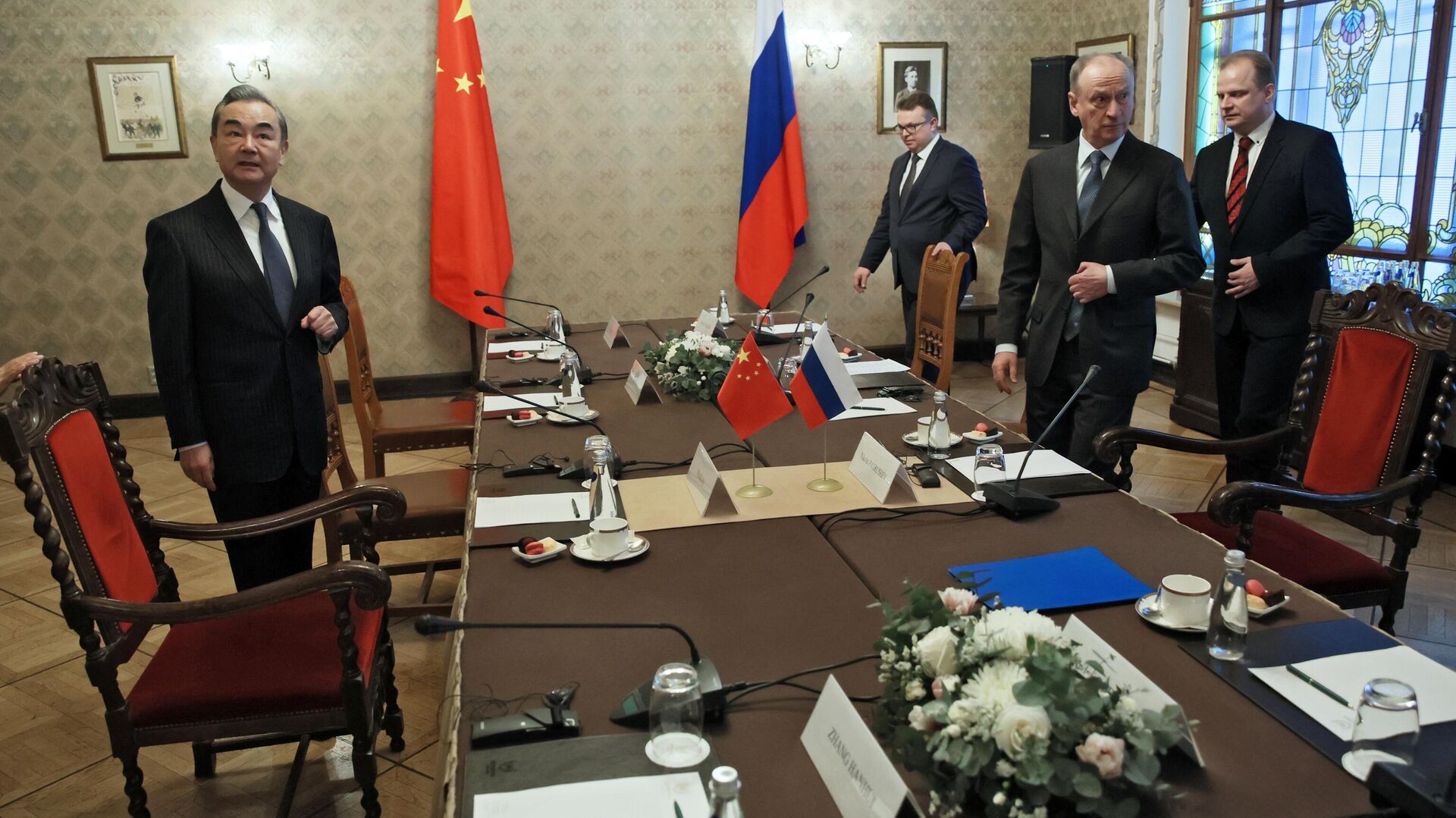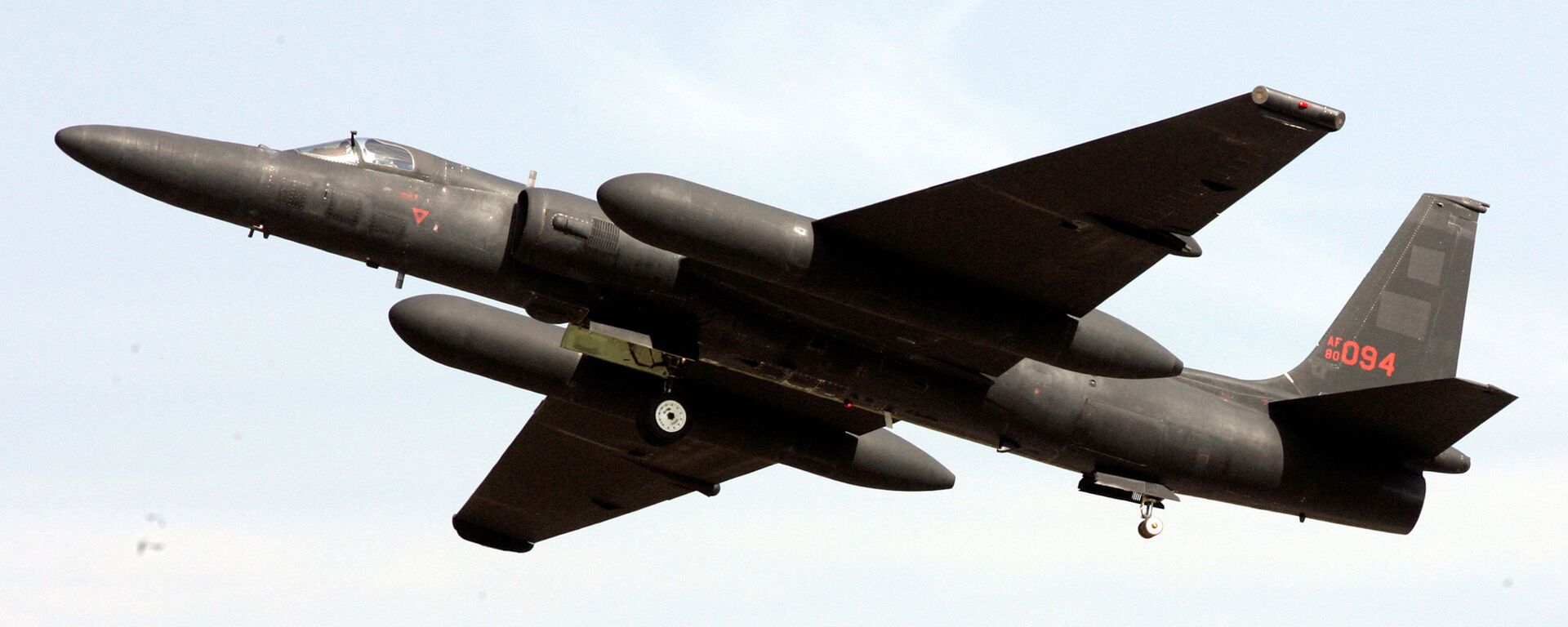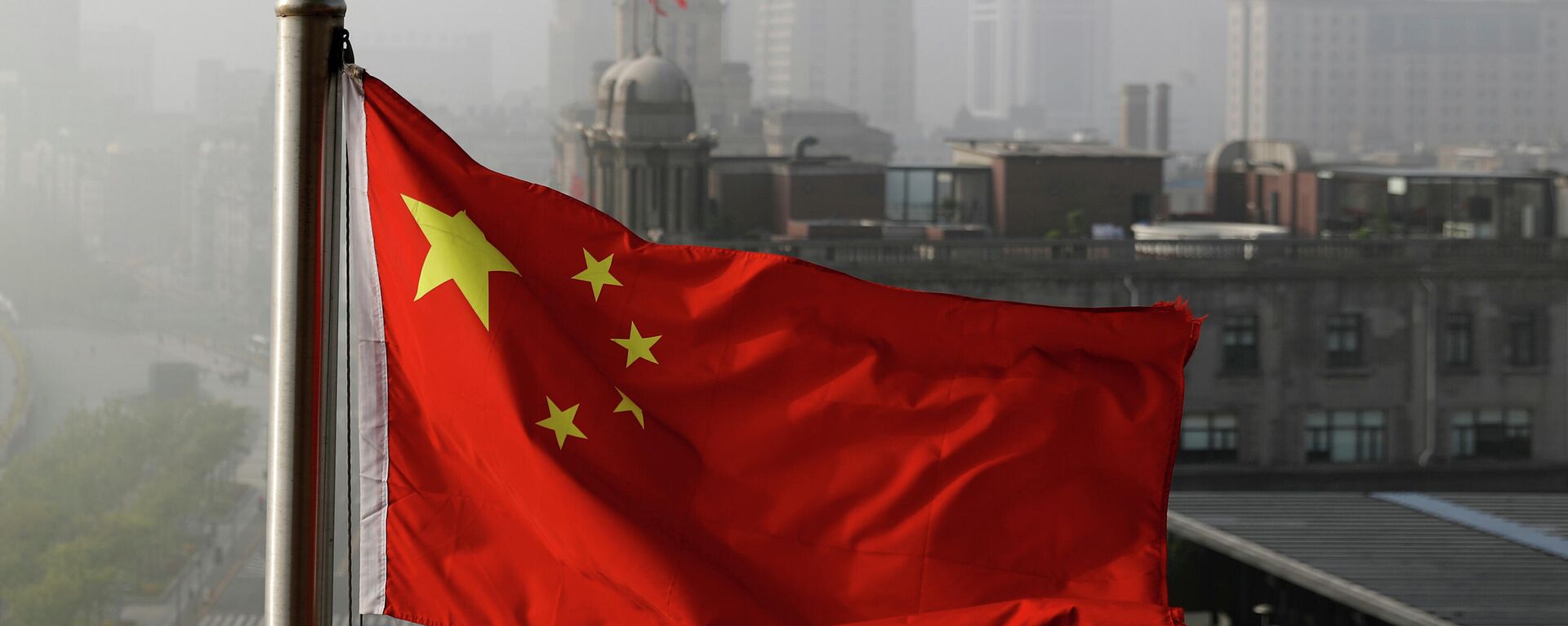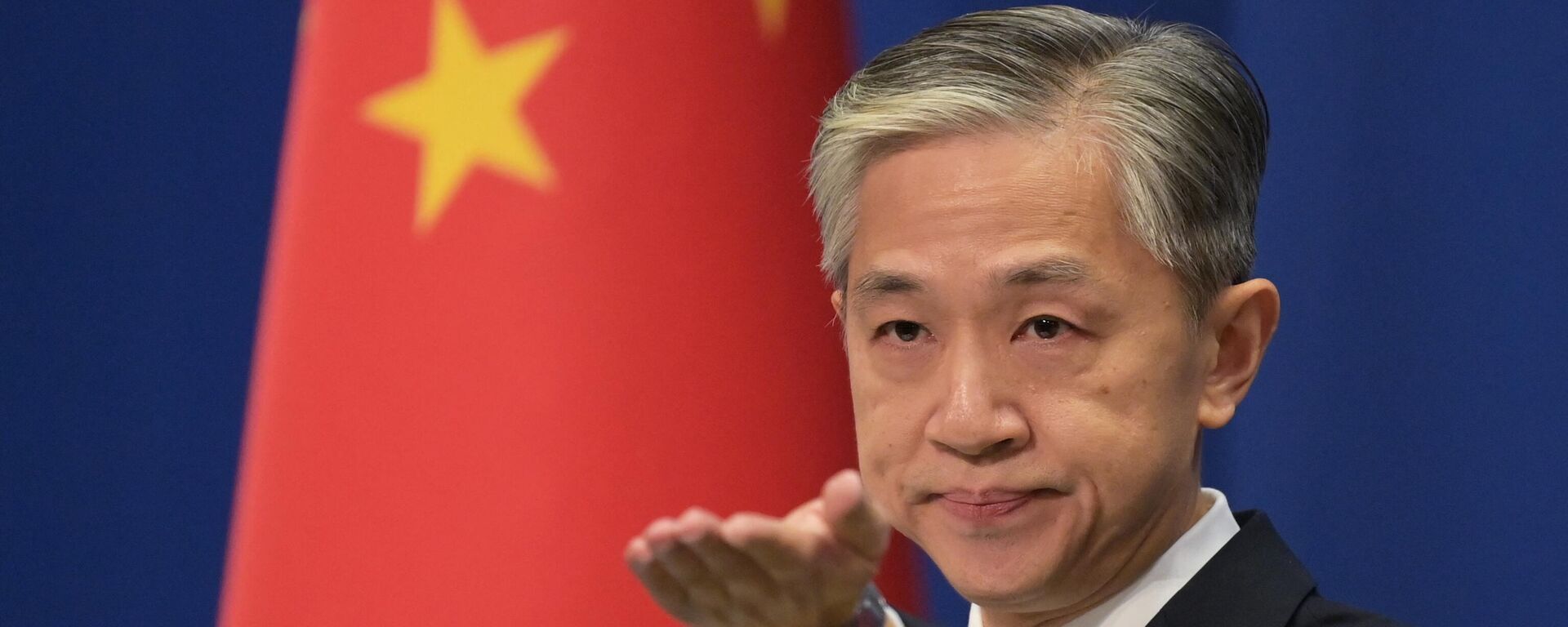Wang Yi Touts Rock-Solid Ties With Russia as Moscow Lauds 'More Just' Order Two Nations are Building
17:12 GMT 21.02.2023 (Updated: 12:46 GMT 19.06.2023)

© Sputnik / Vitaly Belousov
/ Subscribe
Russia and China have ramped up bilateral economic, trade, and diplomatic cooperation over the past year amid the expansion of the Ukraine crisis into a full-on proxy conflict between Moscow and the West. At the same time, Russia has reiterated that the Taiwan issue is China’s internal matter, and called on the US and its allies to butt out.
Russia and China seek to create a new, “more just” world order, one which challenges the unipolar hegemony of the collective West, Russian Security Council Secretary Nikolai Patrushev has announced.
“Our countries are in favor of building a more just world order, and welcome the rise of the number of states which choose the path of free, sovereign development based on their identity and traditions,” Patrushev said, speaking at a meeting with Director of the Office of the Central Foreign Affairs Commission of the Chinese Communist Party Wang Yi in Moscow on Tuesday.
The Russian official expressed concerns that attempts to build a new, multipolar order have been met with hostility from the US and its allies, who have taken various measures to destabilize the world.
“Specifically, Western powers have unilaterally scrapped a number of major international treaties, including in the field of arms control. Projects which are beneficial only to a small group of countries in the field of new military blocs in various regions around the world are being pushed. The United States and its allies are trying to replace the universal norms of international law with the so-called ‘rules-based order,’” Patrushev said, referring to the favorite buzzwords of the Biden White House, the State Department, and the Pentagon.

21 February 2023, 12:07 GMT
Amid growing pressure on both countries by the West, expanded Russian-Chinese coordination and cooperation is more important today than ever, Patrushev said.
“The bloody events unleashed by the West in Ukraine are just one example. All of this is being done against Russia and China, and to the detriment of developing nations in general. In the context of the campaign by the collective West to contain Russia and China, the further deepening of Russian-Chinese coordination and interaction in the international arena carries particular importance,” the official said.
Emphasizing the “unconditional priority” of Russian foreign policy toward expanding the strategic partnership with the People’s Republic, Patrushev said Russia-China relations are based on principles of mutually respectful dialog and close approaches to resolving various global problems. Ties are strengthened through regular contacts in the United Nations Security Council, the BRICS and Shanghai Cooperation Organization, as well as the bilateral level, according to the official.
Patrushev stressed Russia’s continued support for China’s position on Taiwan. “I want to reaffirm our unwavering support for Beijing on the issues of Taiwan, Xinjiang, Tibet and Hong Kong, which are used by the West to try to discredit China,” the official said.
Wang echoed Patrushev on the need to expand cooperation, and told his Russian counterpart that as members of the Security Council, China and Russia carry special responsibility for preserving peace in the world.
“In conditions of a changing international situation, it’s very important and timely to synchronize watches on the bilateral agenda and issues of the international and regional dimension,” Wang said, noting that the two countries need to take “new steps in strategic cooperation in accordance with the changing situation.”
“I believe that today we have very good opportunities to continue our close strategic interaction and contacts in defense of our common strategic interests,” Wang said.
“Sino-Russian relations are mature and solid as a rock, and will withstand the test of the changing international situation," China's top diplomat said. "We are ready, together with the Russian side, in accordance with top-level agreements, to resolutely defend national interests and dignity, and promote mutually beneficial cooperation in all areas.”
Wang Yi announced late last week that China plans to float a new concept paper aimed at bringing an end to the Ukrainian crisis amid continued efforts by the West to expand its proxy war against Russia. In a keynote speech at the Munich Security Conference Saturday, Wang expressed China’s support for the “principle of territorial integrity” in international law, while also pointing to the need to respect Russia’s “legitimate security interests” vis-à-vis the US and NATO.
Wang also slammed the US over its role in the crisis, saying “some forces might not want to see peace talks materialize” and that “don’t care about the life and death of Ukrainians [nor] the harm caused to Europe,” but “might have strategic goals larger than Ukraine itself.”
US media reported Tuesday that Chinese President Xi Jinping may visit Russia in April or early May.


